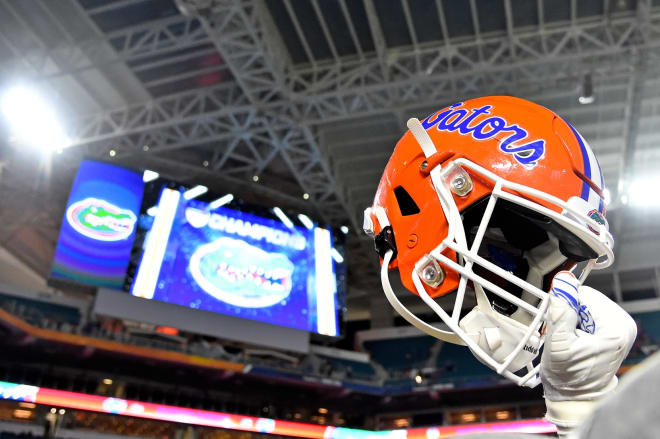The sports question in an uncertain world

I was FaceTiming with my father, and as it usually happens, our conversation turned towards football - well soccer.
My father is a Southern Italian, who moved to Brazil with his family during his teen years. His stories often focus on cities and countries stopping on the weekend to pack stadiums to watch their favorite local clubs.
Well this particular conversation was no different. On this day, however, my dad and I were discussing a documentary he was watching that focused on Brazilian legend, Pele.
The forward is arguably one of the best players to ever play the game. In that documentary, they recounted the story of when Pele, along side his club Santos, took a tour to Africa to play a few matches in 1969. During that time Nigeria was in a Civil War, however, a 48-hour ceasefire allowed Pele and his side to play a match.
Which got me thinking: How many times has sports brought hope to a community or made such an impact?
Fast forward to 2005, a win for Cameroon against Egypt would see them reach the World Cup and keep Ivory Coast at home. Ivory Coast needed a Cameroon draw or loss.
As the Ivory Coast beat Sudan, Cameroon and Egypt were tied. Didier Drogba, one of the country's most famous players, and his teammates listened on the radio as Cameroon was awarded a last minute penalty. Cameroon missed and the Ivory Coast was set to compete at the highest level of international football for the first time in its history.
The country stopped to celebrate. A country marred in civil war and violence was simply one. This is when Drogba made an emotional plea to the camera - a video that would be shared countless of times.
"Men and women of Ivory Coast," said Drogba, "from the north, south, centre, and west, we proved today that all Ivorians can coexist and play together with a shared aim - to qualify for the World Cup.
"We promised you that the celebrations would unite the people - today we beg you on our knees," he spoke as every player went on their respective knee. "The one country in Africa with so many riches must not descend into war. Please lay down your weapons and hold elections...We want to have fun, so stop firing your guns,"
This video clip, which can be found on YouTube, was plastered everywhere. Negotiations soon began and a ceasefire was finally signed.
Now lets talk about 2020.
The sports world is in turmoil. Sports competitions around the world canceled due to the coronavirus pandemic with no concrete dates of return.
On Saturday, ESPN reported that President Donald Trump spoke to several sports commissioners and told them that he hopes the NFL will go ahead as scheduled this fall. The news quickly received some backlash.
I understand.
This is an unprecedented point in our history. This is an invisible force taking away what we hold dear, threatening our loved ones and sadly ending lives way too soon.
I am nine months pregnant and at high risk, meanwhile my husband is an essential employee, who was forced to sleep in his car until we figured out that his co-worker was simply suffering a flu and not COVID-19, and he could come home to be with his family. It's something none of us thought we would experience.
It is something that we were only meant to read in history books. It was not meant to happen to us. But it's here. It is happening.
So why am I even talking about sports? Why am I hoping sports returns this summer or fall?
It's not about money or revenue, although you can't deny that college football is pretty important for college programs, but it is more than that.
Think back to what Drogba and Pele helped accomplish by just 'playing a game.' Now think back to what has happened in our very own country, the United States:
- The 'Miracle on Ice', when the US ice hockey team beat the Soviet Union on its way to winning a gold medal in the Olympics, provided hope to this country in the middle of the Cold War.
- The New Orleans Saints winning the 2009 Super Bowl provided hope for a city still in the midst of the recovery process after Hurricane Katrina.
- President George W. Bush throwing the first pitch at Yankee Stadium before Game three of the World Series, just six weeks after the 9/11 terrorist attacks.
This is why people are clamoring for the return of sports.
Sports returning would mean that this country and the world is one step closer to returning to a somewhat normal routine.
We have to make sure that we balance its return with athlete, spectator and worker safety, of course, but at the same time, let's not attack those that want to see its return.
Sports has a way of unifying. It has a way to bring hope where there could be none. Let's take an example from some of the biggest events in our history.
Let's unite.
